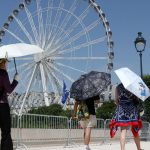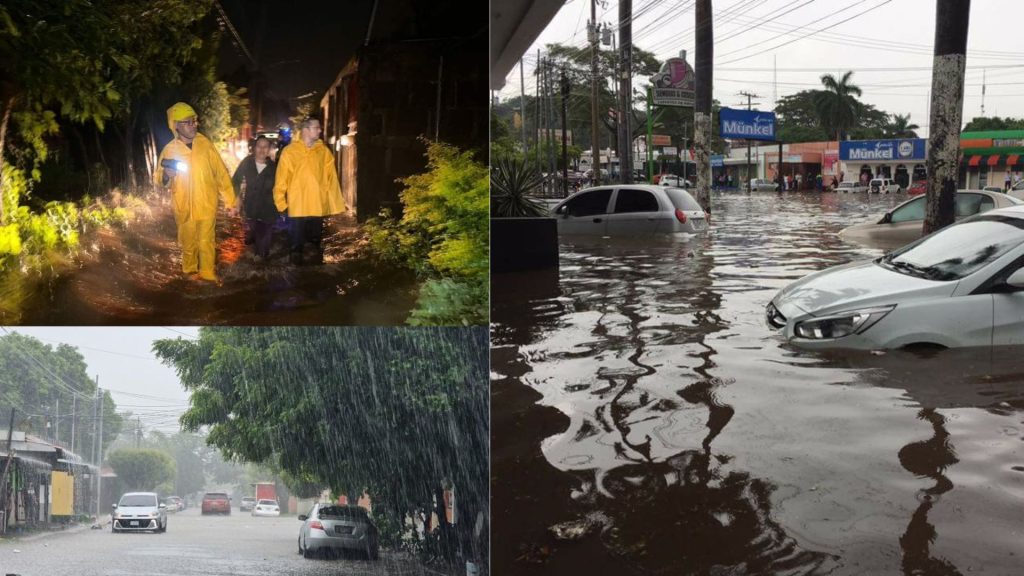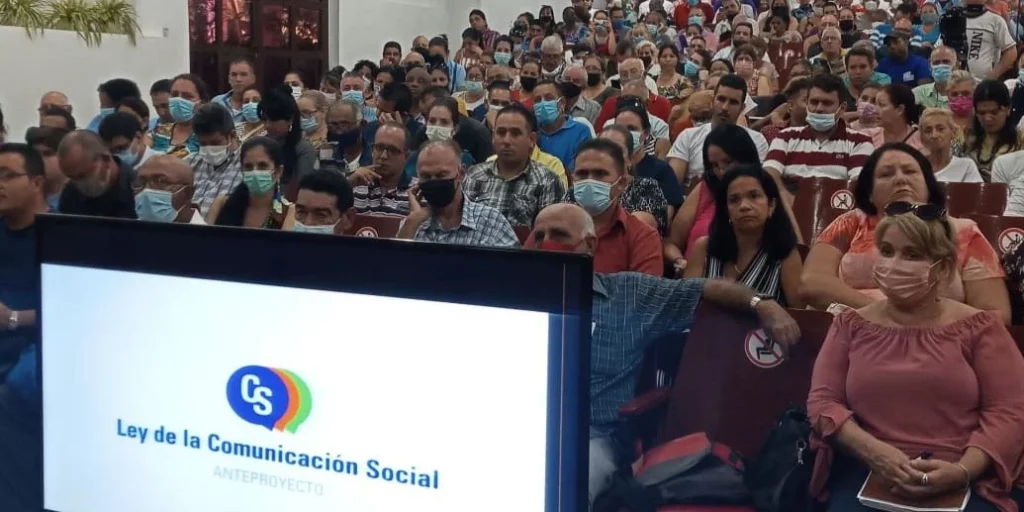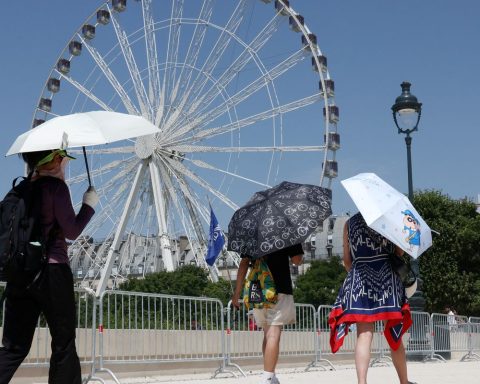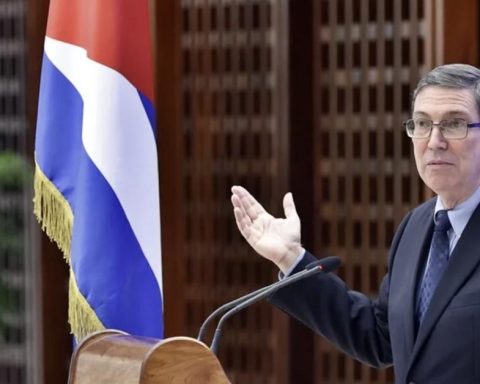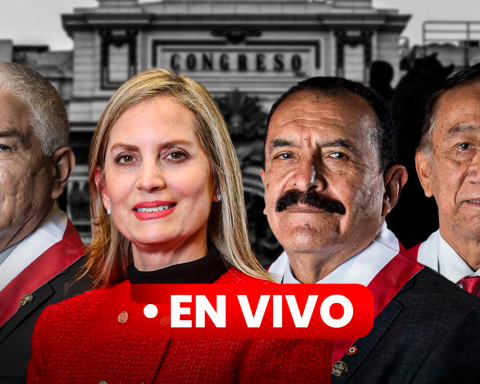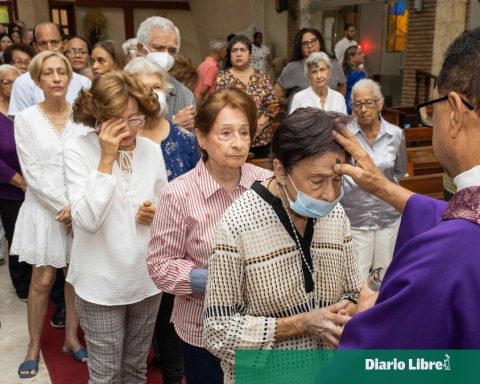C
uba is a an island with no ship in sight. In Havana, from any height from which the bay is seen, the sea is a neat blue line and days go by before a freighter crosses the horizon.
It was not always like this. At the end of the 18th century and a good part of the 19th century, 40 percent of the traffic between America and Spain passed through Cuba, Puerto Rico and Santo Domingo. In the port of Havana, boxes of sugar and tobacco destined for export piled up, and imported food from North America passed through there in the opposite direction. New England, the Antilles, Africa and Europe were linked in a complex game of transatlantic mechanisms, which was recorded in the iconography of the time. The century of enlightenmentthe Cuban novelist Alejo Carpentier described Havana as the great emporium that all the ships of the world frequent
.
In 1962, John F. Kennedy declared a naval blockade during the so-called missile crisis. No ship entered or left Cuba for more than a month, and when nuclear tensions eased and the maritime siege was lifted, the blockade remained in place for another 60 years, so that the ports never recovered their former vitality.
However, not even in the worst years of the Soviet implosion, when Cuba lost more than 80 percent of its import capacity, had such calm been seen in territorial waters. Torricelli lawpassed by the United States Congress in 1992, prevents ships from third countries that call at Cuban ports from entering the United States within a period of 180 days, except those that have a license from the Secretary of the Treasury. Any shipping company thinks three times before challenging this measure.
The penalties imposed on banks that trade with Cuba are taking their toll. In a recent television program, the Minister of Foreign Trade and Foreign Investment, Oscar Perez-Oliva, acknowledged that between March 2023 and February 2024, 155 commercial operations by the Cuban government were aborted, most of them to deliver basic food to the island by sea. Fearing reprisals for trading with a country that the United States government has included on its list of nations sponsoring terrorism, fifty foreign banks refused to carry out transactions with Cuban entities (the minister listed 28 banks from Europe, 14 from Latin America, and six from the rest of the world). Rehiring other companies caused delays of between 40 and 105 days in shipments to Cuba.
Two other Cuban ministers have expressed their sorrow at the tragedy of the few ships that manage to reach port. The Minister of Foreign Trade, Betsy Rodriguez, admitted at the beginning of September that the rice in the basic basket of the Cuban people was on the ships and that until the government made payments to the shipowners, it would not be unloaded. Eventually, the rice has been trickling in to each house, but as October approaches, the same story is about to begin.
The same thing happens with fuel. The Minister of Energy and Mines, Vicente de la O, explained the enormous financial sacrifice
which means for the government to unload the freight of diesel, gasoline, liquefied gas, fuel oil and turbo-fuel, in a country that is supported by the current account. When a little money enters the state coffers, the freight is paid and then the merchandise is unloaded amidst enormous financial tensions. The consequences are serious: power cuts of up to 10 hours a day in more than half the country, garbage uncollected in the streets, industries paralyzed, crisis in public transport, shortage of medicines…
Nine days before leaving the White House, the Trump administration designated Cuba as State sponsor of terrorism
the last of more than 240 measures that the government implemented against the island. Secretary of State Mike Pompeo then declared that With this action, we will once again hold the Cuban government accountable.
Four years later, Pompeo and the strategists who put together this diabolical plan live their bureaucratic lives thousands of miles away from the suffering they have caused, while the Plaza de la Revolución is right there and the ships stop sailing towards the island.





